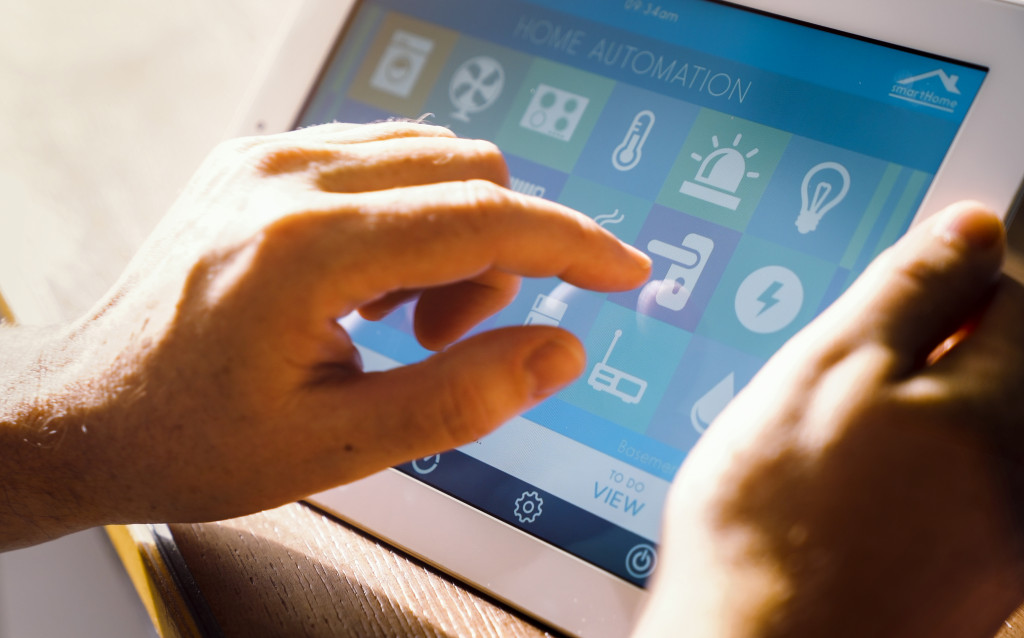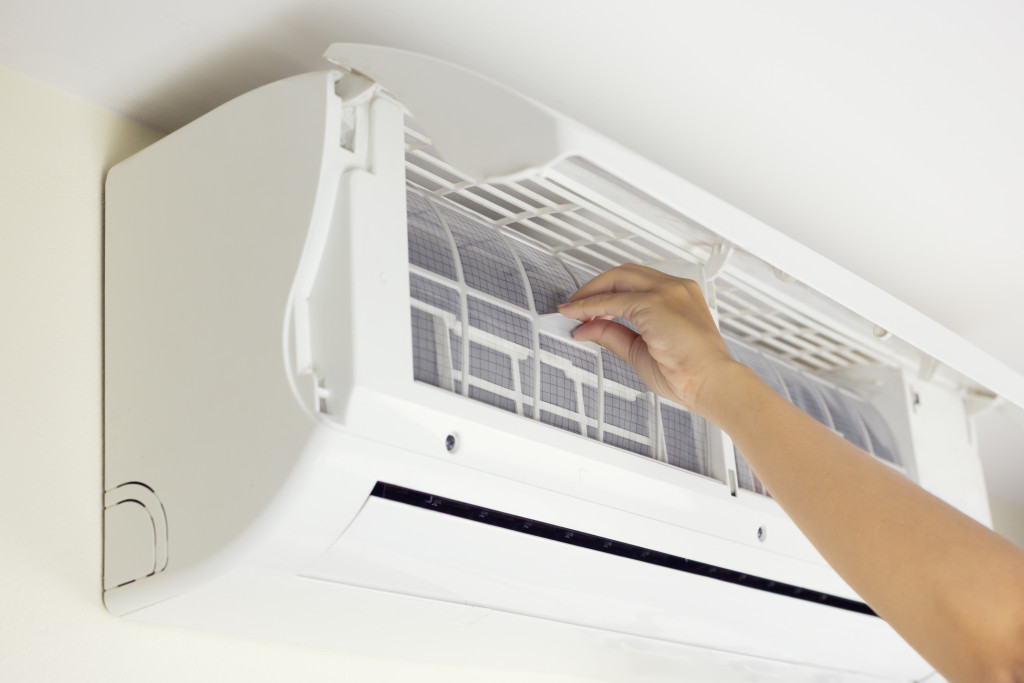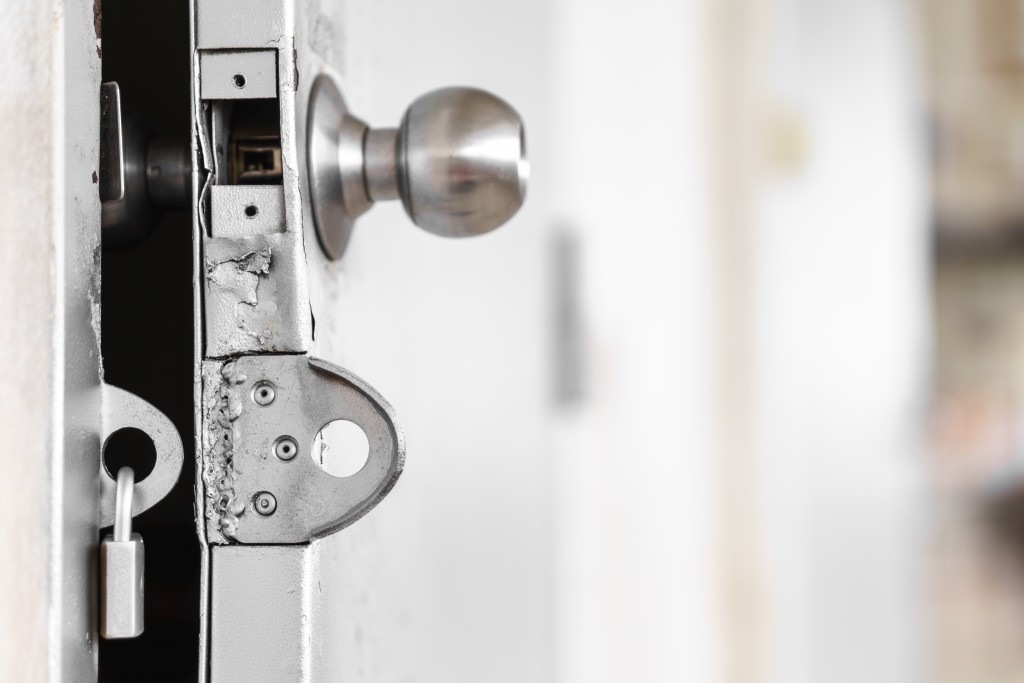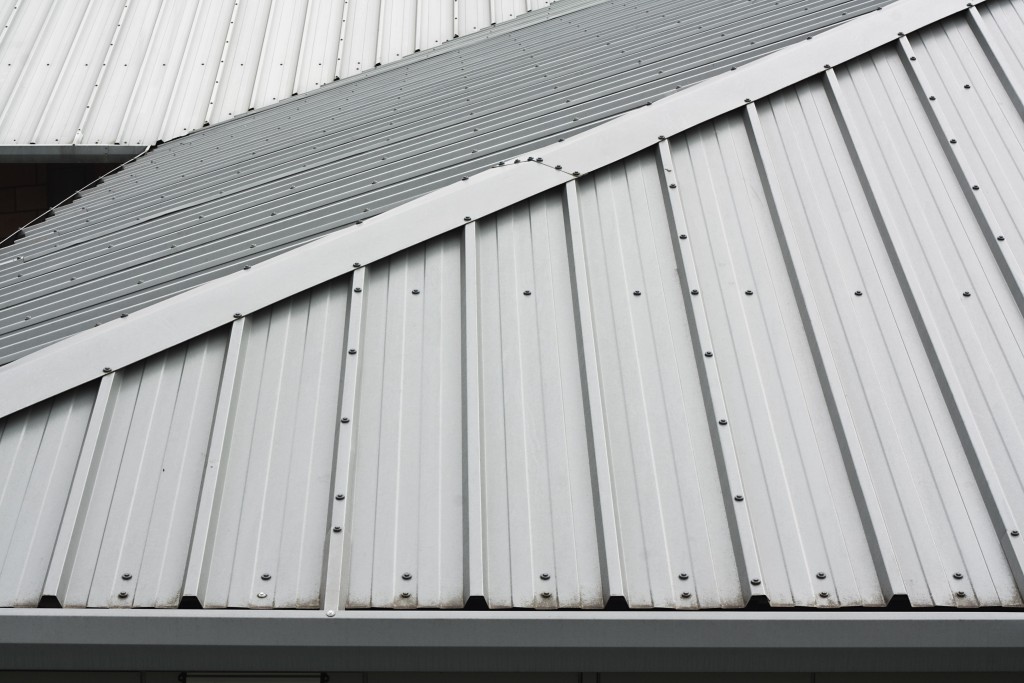Climate control technologies have come up with one of the most famous inventions: Heating, ventilation, and air conditioning (HVAC) systems. Its primary goal is to ensure comfort and ease. Unfortunately, it’s far from perfect. They will cause high expenses for the repair and replacement of parts if they are not properly maintained. And this happens even to the most advanced and expensive of them.
So how do you save on HVAC upkeep? Let’s find out.
No. 1: Don’t Forget Regular Maintenance
If you want to save costs for running your HVAC, you want to prioritize regular maintenance. To make sure that the system remains in its top shape, regular maintenance is essential. Remember that prevention is better than cure.
When you’re looking to cut down costs for the upkeep, you must note that it requires a detailed HVAC tune-up checklist. It’s more than just cleaning out air filters. That’s just the beginning. Chances are, you need to check your filters if there is poor indoor air quality coming from the HVAC.
You should also monitor how much electricity the system is consuming. A high electric bill can mean that the system is strained and the motors are compensating. You may need repairs right away.
Make sure to check and clean the burners. There are many signs they could be damaged. For example, it’s best to call an expert when you notice a strange smell. You should also watch out for any build-up of soot and if there’s corrosion and cracks.
Other things you have to check are:
l Carbon Monoxide levels
l Contractors
l Refrigerant Levels
l Temperature and Pressure
l Controls and safety devices
l Emergency Shutoffs
l Electrical Connections
No. 2: Invest in Smart Technology

Replace manual control with intelligent sensors and thermostats. The switch will help the HVAC achieve an automatic balance of cooling and heating control conditions. The HVAC with intelligent technology can regulate temperature even without human input. The system accomplishes this by monitoring cooling and heating needs.
Investing in innovative technology can help your HVAC remember and analyze the following factors:
- Real-time temperature
- Weather
- Habits
- Schedules
- Activity
Just imagine: with intelligent technology, the HVAC will automatically shut off if there are no people in a particular area. It will also adjust the temperature without anyone’s help. So if the weather is excellent, the HVAC can adjust the temperature and lessen the strain on the motors.
No. 3: Ensure Good Insulation
When the temperature is high, your HVAC will switch up cold air for efficient and comfortable climate control. This will also cause strain in the system. Unfortunately, poor insulation can cause cold and hot air to leak out of the area. That’s why you need to watch out for drafty roofs and walls.
Close up any hole or cracks that might cause both hot and cold air to leak into or out of the building. Otherwise, the HVAC system will work hard to maintain and regulate comfortable and ideal climate conditions within the area. This means that it will take up more electricity than usual, which will cause higher electric bills.
Poor insulation will also cause strain on the system, which will need more maintenance and repair. In the long run, it’s going to contribute to the wear and tear of the system. And in many cases, it’s going to increase costs and expenses. That’s why you need to patch up any leaks and gaps in the walls or the roofs.
A better preventive measure is to make sure that the walls and roofs are covered with durable materials. And regularly check them because even those materials wear down over time. This is probably due to harsh and changing weather conditions over the seasons.
The recommended route to take when it comes to maintaining an HVAC system is consulting an HVAC contractor. These systems are complicated and need to be handled with care. The best option to save time, money, and effort is to trust the professionals and experts.
Heating, ventilation, and air conditioning (HVAC) systems must stay comfortable regardless of the weather outside. With this technology, you can switch up the cold air during hot summer days or stay warm during the winter. It can contribute to a safe and healthy quality of life.
It can also contribute to lower electricity bills, and you can save space and installation. It runs on renewable energy, which makes it more efficient and environment-friendly. The best part about it is the technology that gives you remote access to the settings and controls.
However, there are also disadvantages. For example, you may need to spend higher construction costs for HVAC compared to variable-air-volume systems. It’s also more complicated, which will require professional services to check and maintain properly. This is especially true when you need to fix the wirings of the heaters.
However, their advantages outweigh the disadvantages. The best part about HVAC systems is the fact that they last very long. And you can benefit from reasonable climate control for ease and comfort.




